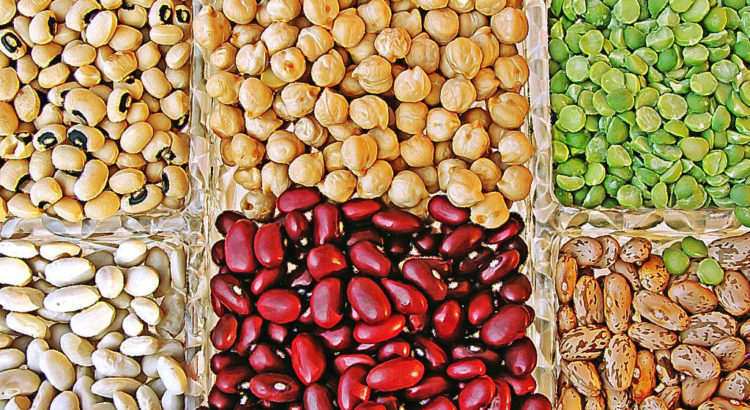On 10 February, we celebrated World Pulses Day. The initiative was born in 2016 by the Food and Agriculture Organization (FAO). The day aims to popularise these valuable plants. We asked Professor Ryszard Amarowicz, head of the Department of Chemical and Physical Properties of Food, about all the good things that can be found in pulses.
When talking about pulses, we most often think of peas and beans, as these two plants are present in traditional Polish cuisine. What other pulses are worth eating?
Prof. Ryszard Amarowicz: Certainly, chickpeas and lentils should be on our kitchen shelves. The first is perfect as an addition to salads and is also the basis of hummus. The second is an excellent ingredient in soups. Someone once said that lentil soup is the most delicious soup in the world. Recall from the Bible that the elder brother Esau ceded his birthright to Jacob precisely for a bowl of lentils.
Why include pulses in our diet? What good can we find in them?
Prof. R.A.: A very good source of protein. Especially importantly, a protein with a high biological value, higher than that of cereal products. Ideally complementary in terms of amino acid composition to animal proteins. High energy value. Excellent source of dietary fibre. High mineral content, high content of certain vitamins. Presence of oligosaccharides, which are classified as probiotics – the intestinal microflora 'feeds’ on them. Many of the components of plant seeds have health-promoting properties that have been confirmed in various studies, including clinical trials.
„Pulses for a sustainable future” is this year’s theme for World Pulses Day. Why are pulses a good answer to the slogan 'sustainable food system’?
Prof. R.A.: A sustainable food system should provide healthy food for people and create sustainable environmental, economic and social systems. I have already commented on the fact that pulses comply with the first criterion. The cultivation of legumes creates new opportunities for the wider agricultural sector including the food industry and catering. The attractiveness of pulses is increasing with the popularity of vegetarianism and the need to reduce animal production worldwide, which is due not only to economic but also ecological motives.
